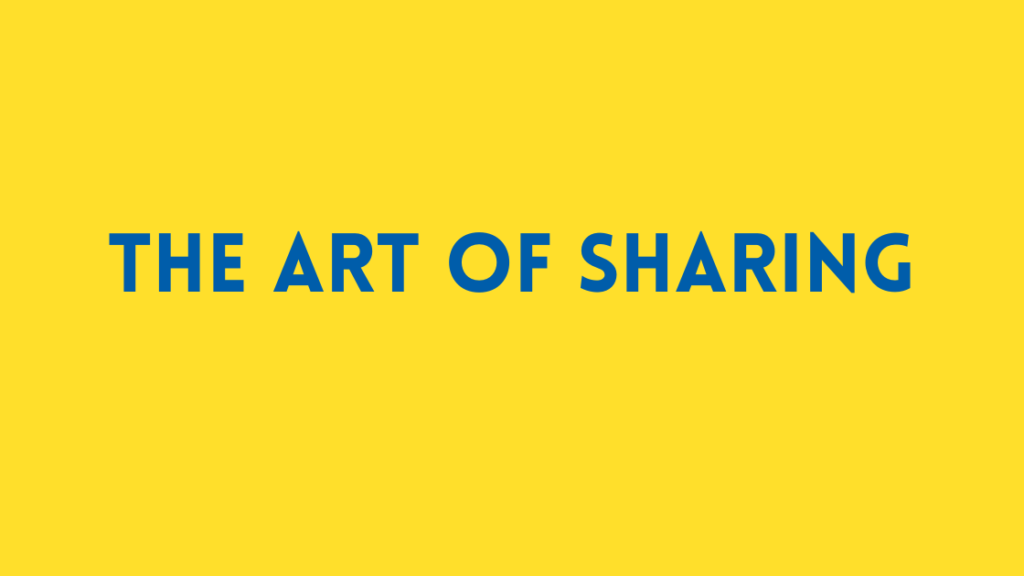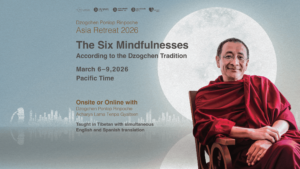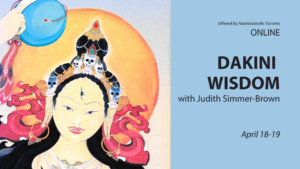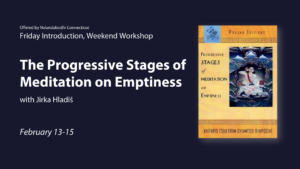If you think about it, you can’t really have community or sangha without a sense of generosity. Being part of a community is all about sharing. So, what are we sharing? In Buddhist communities, we are sharing wisdom and kindness, walking together the journey of letting go of ego-clinging. We support each other as we let go of self-centered short-term goals that don’t bring any lasting benefit.
Here, I would like to focus on sharing verbally or talking together. Naturally, we always are sharing something with others. Whenever we meet, we talk about what is going on for us, and we listen to what is going on with our friend. Sharing comes naturally for us sentient beings.
Since sharing happy topics is straightforward, I would like to suggest two tips or two kinds of scenarios for when we are experiencing anger and communicating about unpleasant topics.
Tip/scenario 1
When we share anything, the art is to learn to communicate with a sense of good timing. Maybe we do need to share something that might be difficult to hear, but when we share it is crucial.
If the other person is super happy and inspired, that might not be the right time to talk about a difficult topic. If your mind is angry, agitated, or irritated, that also might not be the right time to share.
Choosing the right timing will prevent so many unnecessary arguments and minimise unnecessary anger. Learn to not react immediately, but wait until the time is right, your mind is at ease, and the other person’s mind is also not too elated or too down.
The main reason for this pause is that if you wait until you’re not angry any more, then you will not say something you regret. In addition, there will be space for a much more skillful and wise response to come.
So, community is about sharing, and sharing is about timing!
Tip/scenario 2
If you feel like the other person is not listening or not hearing whatever it is you’re trying to share, it doesn’t help to become angry. Instead, think to yourself, it might not be the message that’s the problem. Perhaps the problem is the delivery. So, focus on the language you’re using, including your body language.
Community is like a mirror that shows us our own mind’s positive qualities as well as our faults. So every time you engage with community, there is an excellent opportunity to work with mind!
Practice for each scenario
Check that there is space after each number or bullet in a list. This is specified in the CSS.
- Let your mind relax. There is no rush to solve anything. Let your mind see clearly when to talk and when to wait for a better time.
- Let agitation arise, and let it fade again. Stay in the present moment of the perception of sound and whatever appears. When the time is right, share with a calm mind, with humorous speech, and with a sense of genuineness in your whole being. Keep your body language peaceful.

Christian Scott has been a student of Dzogchen Ponlop Rinpoche since 2011. Having grown up among the Khenpo Tsültrim Gyamtso Rinpoche sangha, Christian finds himself humming Milarepa´s Songs of Realization regularly. Since 2012, he has been traveling around the world learning Tibetan as well as studying and meditating on the dharma.






